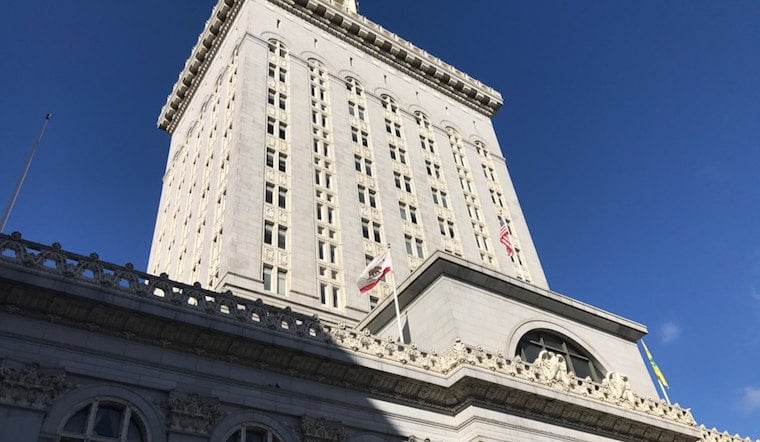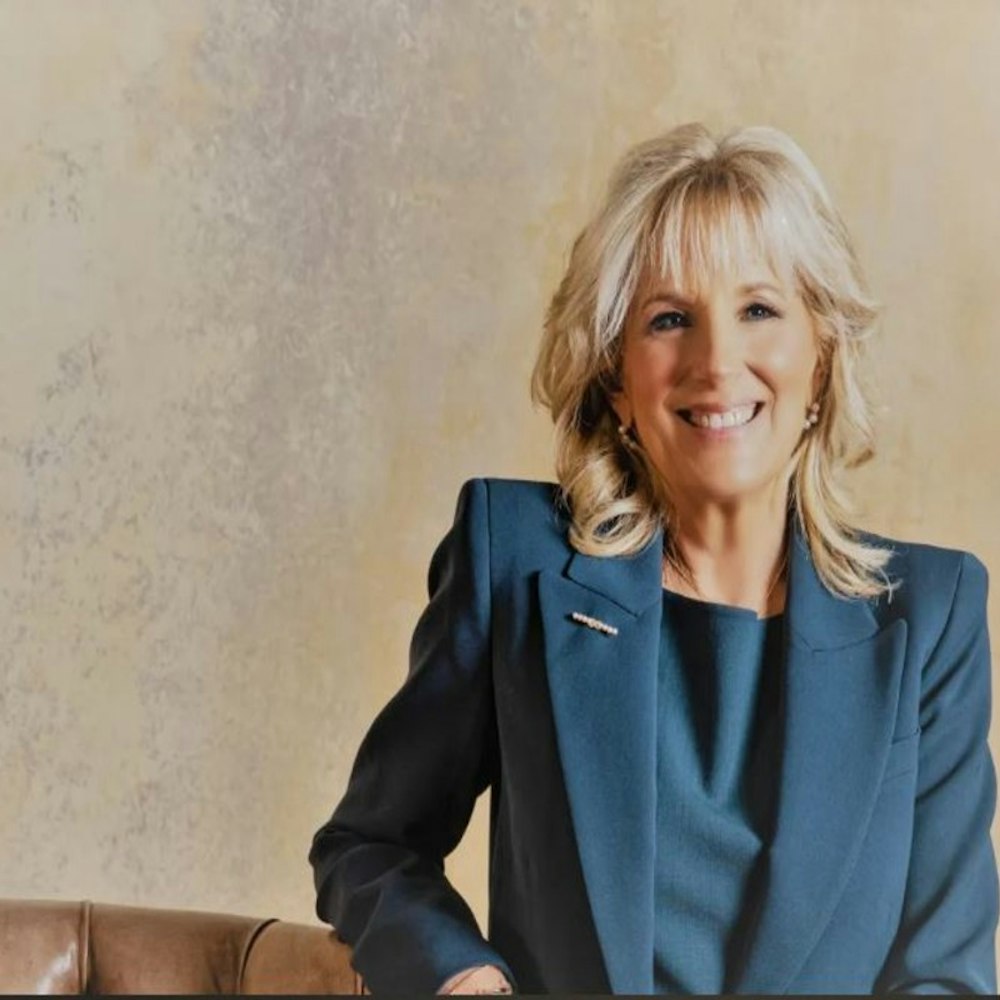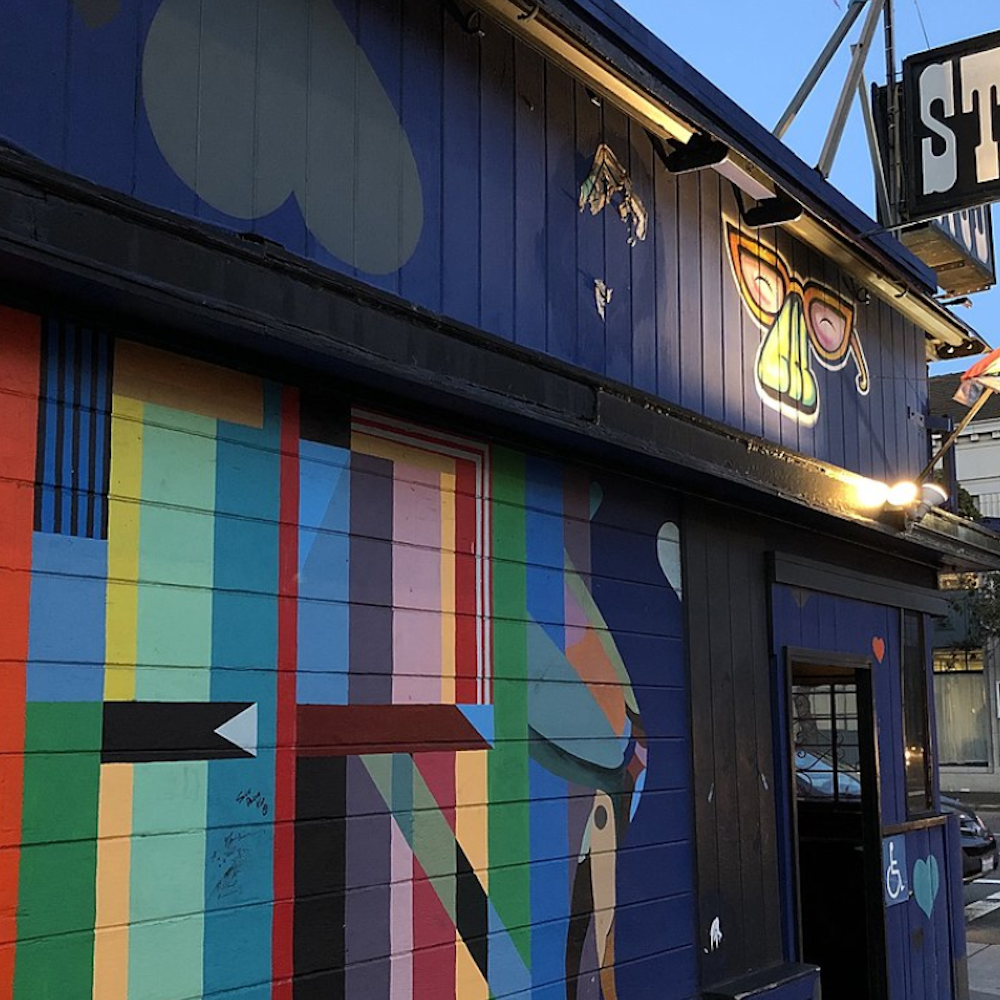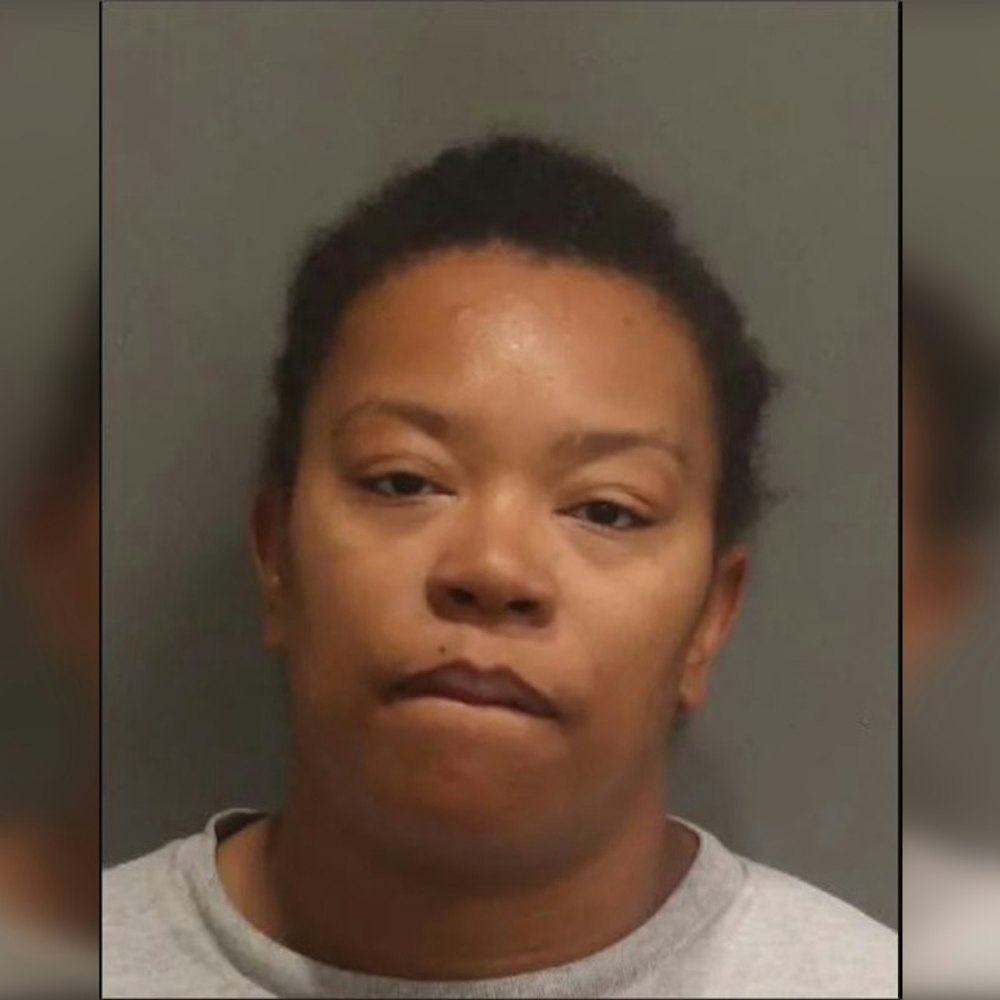
A preliminary decision on whether the city of Oakland should spend $100,000 on a public-bank feasibility study won’t come until mid-June at the earliest, because members of the City Council Finance and Management Committee on Tuesday said they wanted solid evidence that the cost would be that low.
While saying they liked the public bank concept, committee members questioned whether this was a good time for the expenditure, given other tugs on an already strained General Purpose Fund budget.
The committee’s unanimous vote to delay the matter to June 13 came after pleas from citizen activists and the council’s at-large member to recommend that the full council green-light the study, and despite assurances from staff and the would-be contractor on the cost question.
The city Finance Department had recommended hiring Global Investment Co., one of two respondents to a publicly issued request for proposals to conduct the study. In fact, Global Investment’s price was the higher of the two submitted, department director Katano Kasaine told the committee when the maximum-cost question came up. The other bidder was PSM Financial Services.
“We urge appropriating the money now,” said Laura Holtan, staff aide to at-large Councilwoman Rebecca Kaplan, who is not on the committee. The city should end its reliance on corporate banks, given their “misconduct,” Holtan said.
Advocates see public banks as a way for public jurisdictions such as cities, counties and states to fund public works projects and offer low-interest loans to homebuyers, students and small businesses, creating a revenue stream and removing reliance on private-sector banks.
A public-sector bank could also give cannabis industry stakeholders a transaction base that federal laws prevent private-sector banks from providing. In a recent Hoodline interview, Helen Cobb, General Manager of dispensary Telegraph Health Center, said the public bank concept was “very interesting.”
Matt Hummel, chair of the Oakland Cannabis Regulatory Commission and one of nearly a dozen speakers at Tuesday’s meeting, all of whom urged the study appropriation, told the council panel that a public bank could save homebuyers $700 a month in interest costs and would be a “perfect partner” for a countywide community choice aggregation program aimed at offering consumers cheap, cleanly sourced electricity.
Councilman Dan Kalb was the first committee member to voice skepticism, not only questioning the study’s cost but also asking if the study would examine the possibility of bringing other cities in on the venture. Officials from Berkeley and Richmond have voiced interest in participating. He was “not clear” on whether the RFP or the responses addressed it, Kalb said.
Cathy Jackson-Gent, Global Investment Co.’s chief executive officer and investment adviser representative, replied that the company wanted to make sure the study appropriation would be “minimal enough” and would cause “the least strain on the city.”
“We are committed to that ($100,000) amount. … We are not coming back to ask for more money,” she said.
The study would examine the idea of a regional bank or participation by other jurisdictions, she said. “There will be outreach to Berkeley, Richmond and other cities that are interested in being a part of it,” she said.
Committee member Noel Gallo said he wanted the discussion to be part of deliberations on the city’s overall budget and asked why the cannabis community couldn’t help fund the study.
Member Annie Campbell Washington she was “conflicted.” She wanted to act in accordance with constituents’ “main priorities,” particularly their “strong desire” for community-based power, but “it is just not possible to do this (study) for $100,000,” she said. She echoed Kalb’s assessment that there was “something missing” from the information on the study’s substance and agreed with Gallo that other funding sources should be sought.
Committee chair Abel Guillén said the public bank issue was “greater than Oakland. It is an economic justice issue for the entire region.”
Not readily apparent is what if any outright resistance a public bank proposal would encounter. Mayor Libby Schaaf and the Oakland Metropolitan Chamber of Commerce are taking a wait-and-see stance until a detailed plan comes forward, though Schaaf does not have veto power over city council actions. A City Hall insider, speaking on condition of anonymity, told Hoodline in early March that city administrators see a public bank as “a pipe dream.”
North Dakota operates the nation’s lone public bank, though groups favoring such institutions are reportedly active in Santa Rosa, Philadelphia, Santa Fe, Minneapolis, Seattle and Washington.









